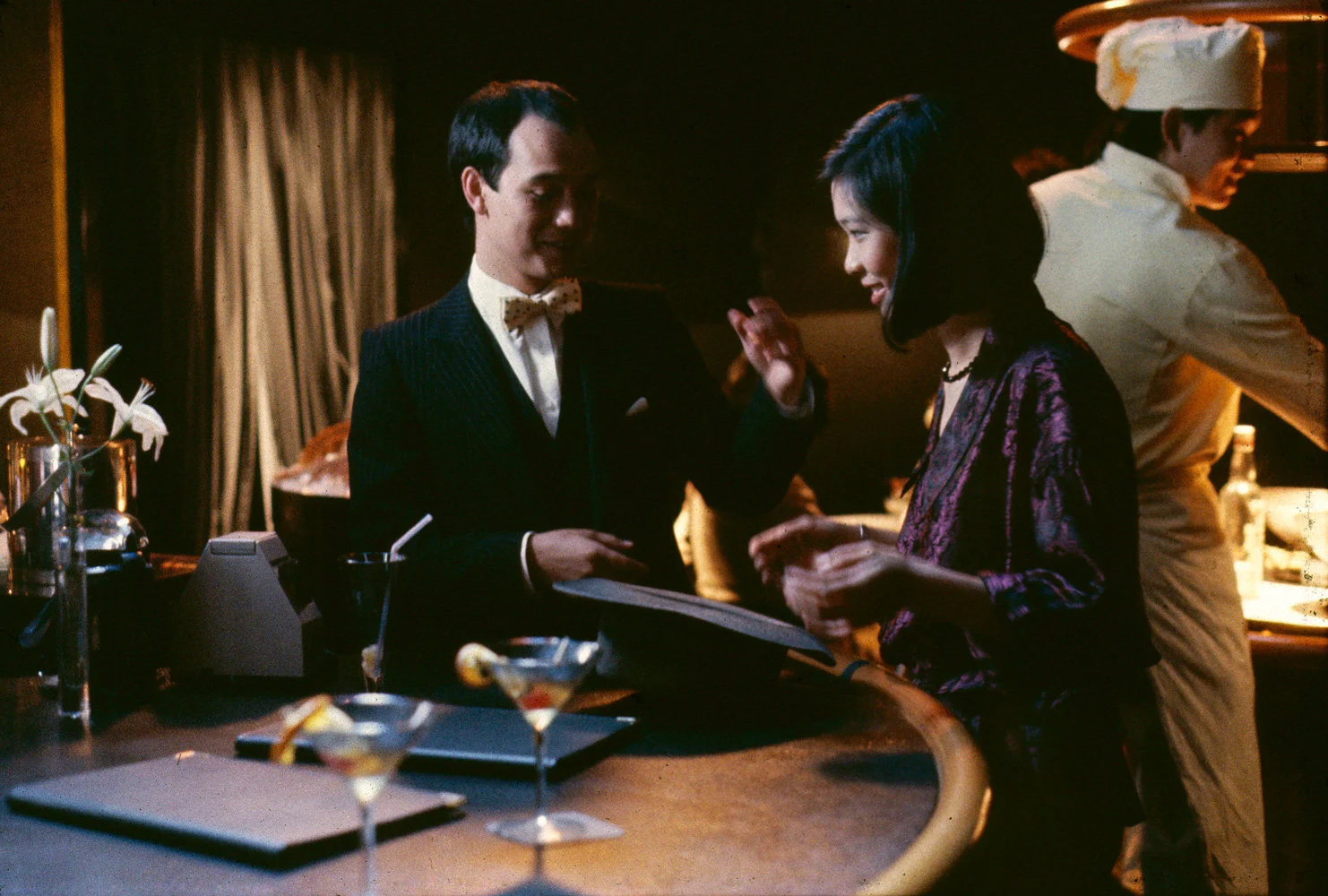By Matt Glasby
Copyright scmp

This is the latest instalment in a feature series reflecting on instances of East meets West in world cinema, including China-US co-productions.
In 1986, Leong Po-chih’s comedy-drama Ping Pong became the first British film ever made by a director of Chinese descent and the first shot in London’s Chinatown.
Not only is this a shameful commentary on the racial barriers of the industry, it also does a disservice to the film itself, which is something of a lost gem.
Leong is an interesting, if peripheral, figure in world cinema. Born in Northampton, England, to Chinese parents, he studied at the London Film School, then worked at the BBC before heading to Hong Kong to make films such as Hong Kong 1941 (1984) and become part of the Hong Kong New Wave movement.
But Ping Pong is a more personal proposition, weaving elements of his father’s life story into the tale of deceased Chinatown businessman Sam Wong (KC Leong), who leaves behind a complicated will.
Plucky British-Chinese lawyer Elaine Choi (Lucy Sheen) is tasked with executing it, even though she barely speaks Cantonese.
As Elaine gets to know the Wong family, trying to establish who will accompany Sam’s body back to China and what will become of his restaurant, the Citizen Kane-style structure allows Leong and writer Jerry Liu to explore different facets of the Chinese-British experience.
As the BFI’s George White noted, “The focus is on characters caught – ping-ponging – between a China that no longer exists and a Britain that doesn’t want them.”
Elaine is an orphan who came to the UK aged seven, hiding behind the sofa “whenever she saw an Englishman”.
“My homeland? Which one?” she asks when told to “go home”.
Meanwhile, Wong’s concern with his legacy sets the plot of the film in motion. In his will, he decrees that his restaurant remains authentically Chinese and is “not to be turned into a high-class tourist wonton establishment”. He also leaves his sports car to a mysterious Western woman, one Sarah Lee, providing another facet to the mystery.
Although most of Wong’s family cleave to the old ways, and his friend Mr Chen (Robert Lee) has never even left Chinatown, his son Mike (David Yip) is a different matter.
A yuppie restaurateur who drinks French wine and speaks Italian, he plans to turn his father’s business into a modern-style leisure complex to sell an idea of “Chinese-ness” to the British.
The play between the authentic and the fake is key to the film’s heady atmosphere. Elaine dreams of herself as a wuxia goddess standing atop a willow tree, ready to take on all comers.
It is notable that Leong and cinematographer Nicholas D. Knowland use real Chinatown locations – many shown on screen for the first time – to conjure a genuine sense of place.
An opening tracking shot moves from a Bruce Lee poster, along a graffitied wall, past the back doors of Chinese restaurants, where waiters slurp noodles and haul produce, to the phone box where Wong lies dead.
Not only is such visual dynamism impressive on a US$650,000 budget, it adds a sense of intrigue, like there is a clandestine world operating just beneath. Witness the scene, shot like a film noir, where Elaine descends into a smoky gambling den.
True, some of the performances suggest, as White puts it, an “unfamiliarity with the camera”, but even this lack of polish adds to the sense that we are seeing something new and not yet fully formed.
Also new, to Western viewers at least, is the sense that they might be the butt of the joke. It is very rare in British cinema – perhaps even unprecedented – to hear terms such as “gweilo” and “gwai mui” bandied about on screen, although racial slurs about Chinese people are depressingly common.
One amusing scene shows some obnoxious American tourists ordering roast duck, sweet and sour sauce, fried rice – all of the most obvious items on the menu – while a Chinese waiter smirks in the background.
Another has Elaine telling a snooty British official, who asks for milk and sugar with his green tea, “They sometimes find you a bit inscrutable.”
While this impish sense of humour goes a long way to excusing the film’s shortcomings, it may also explain why it failed to find an audience. After debuting at the 1986 Venice Film Festival, it made just £12,928 in British cinemas and US$67,421 in the United States.
Leong headed back to Hong Kong, most of the cast went into TV, and in the decades that followed, films by British-Chinese directors have been few and far between.
But in recent years, the film’s profile has risen, with a theatrical re-release in 2024 that caused critics to not so much reassess it as notice it for the first time. Perhaps that is the real price of being a pioneer.
Want more articles like this? Follow SCMP Film on Facebook